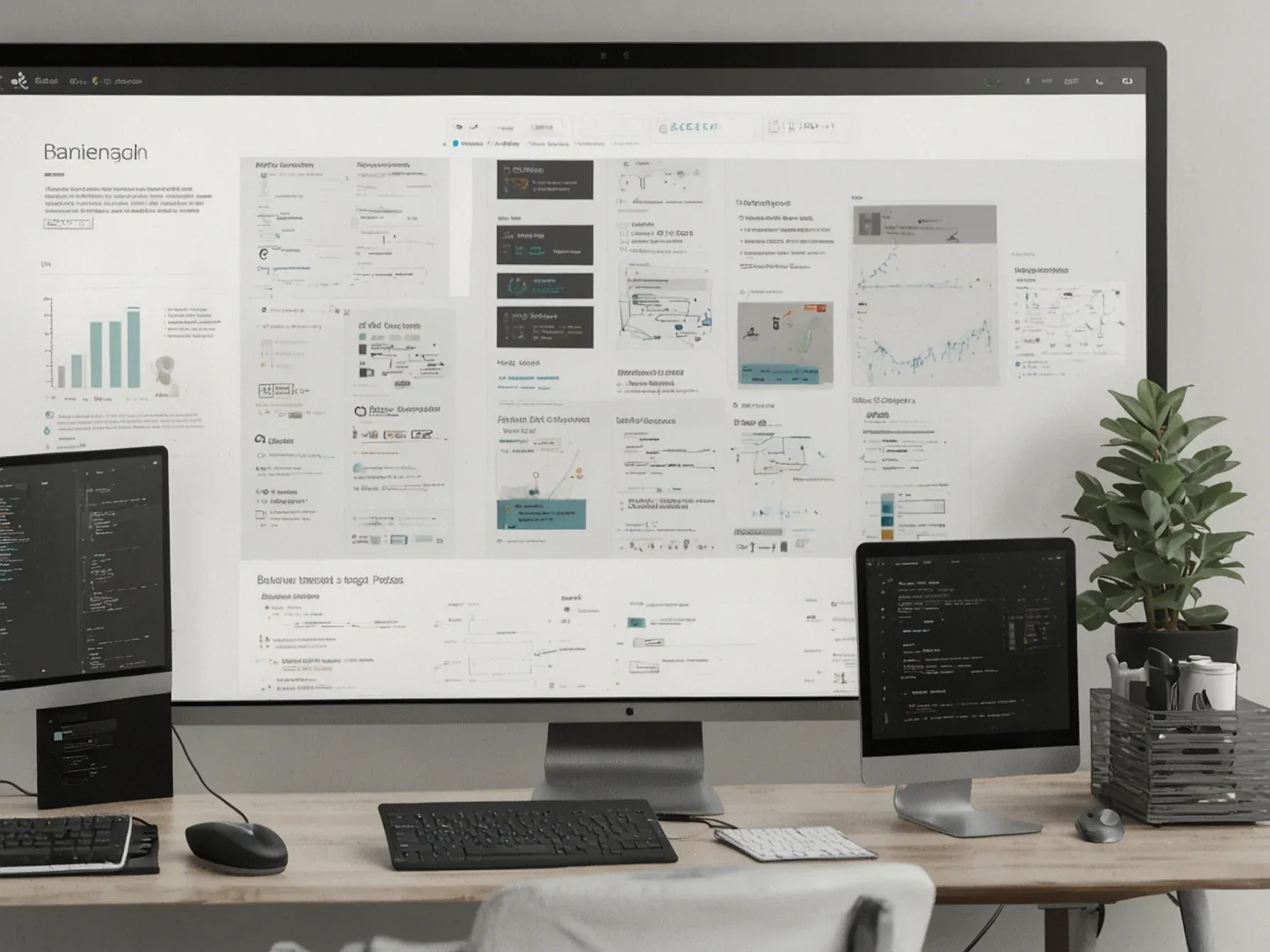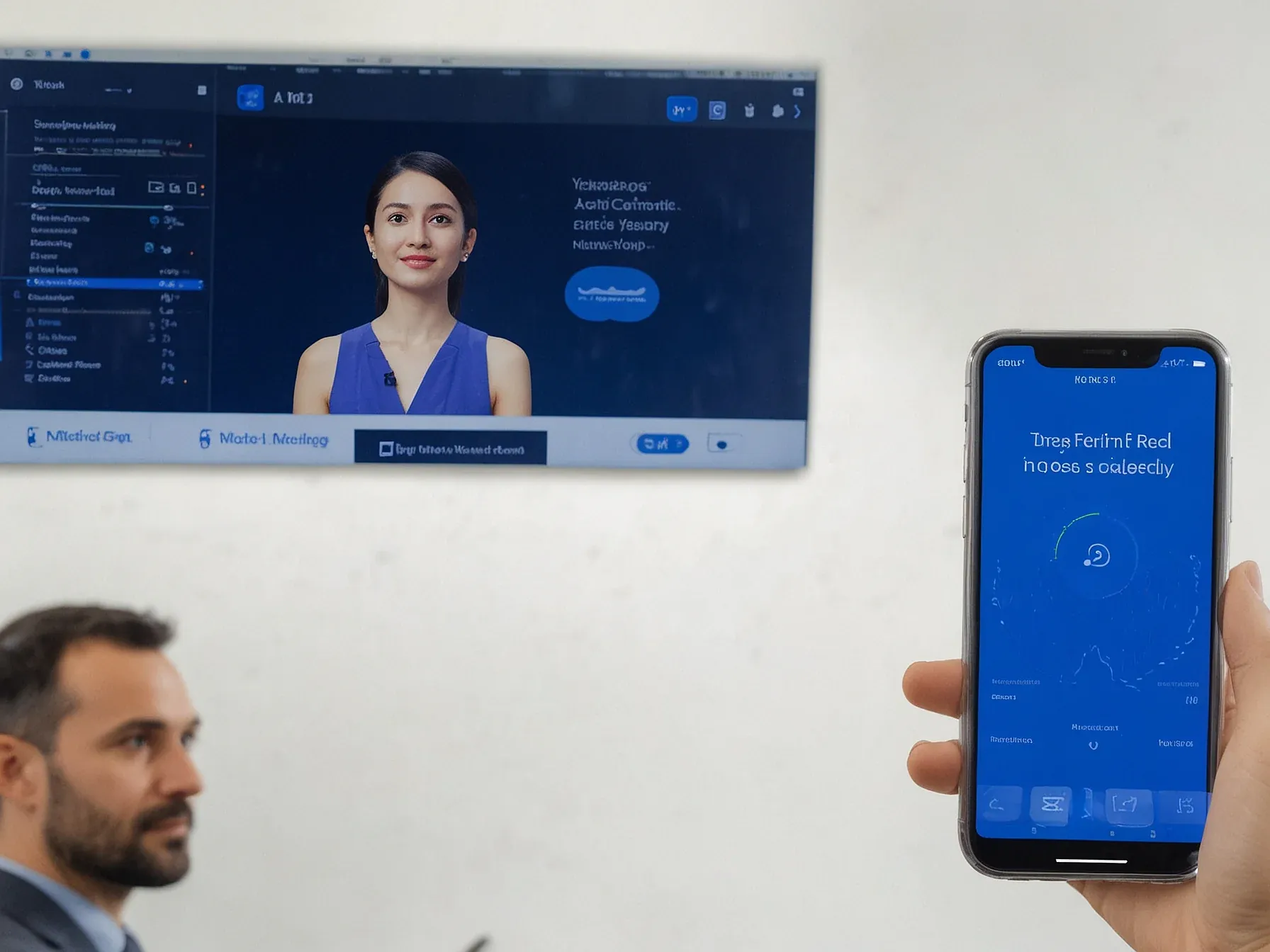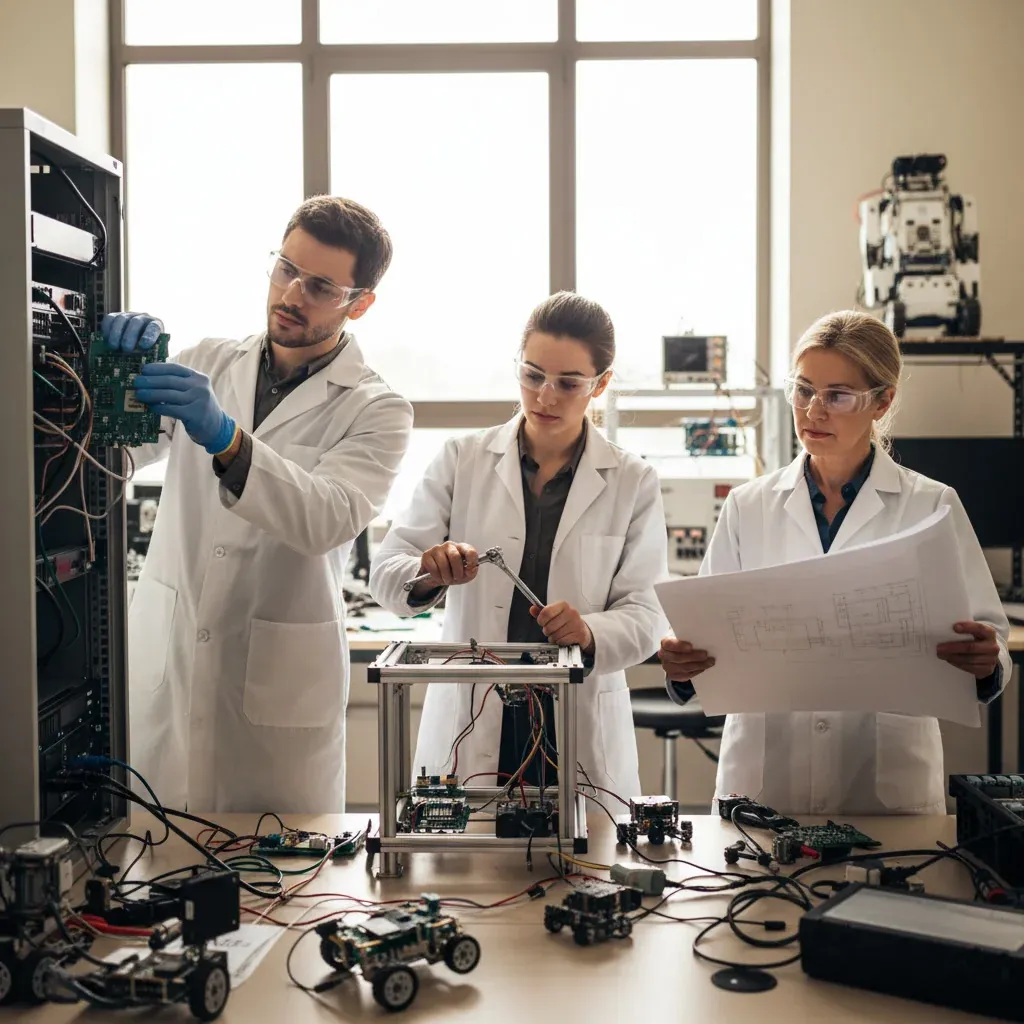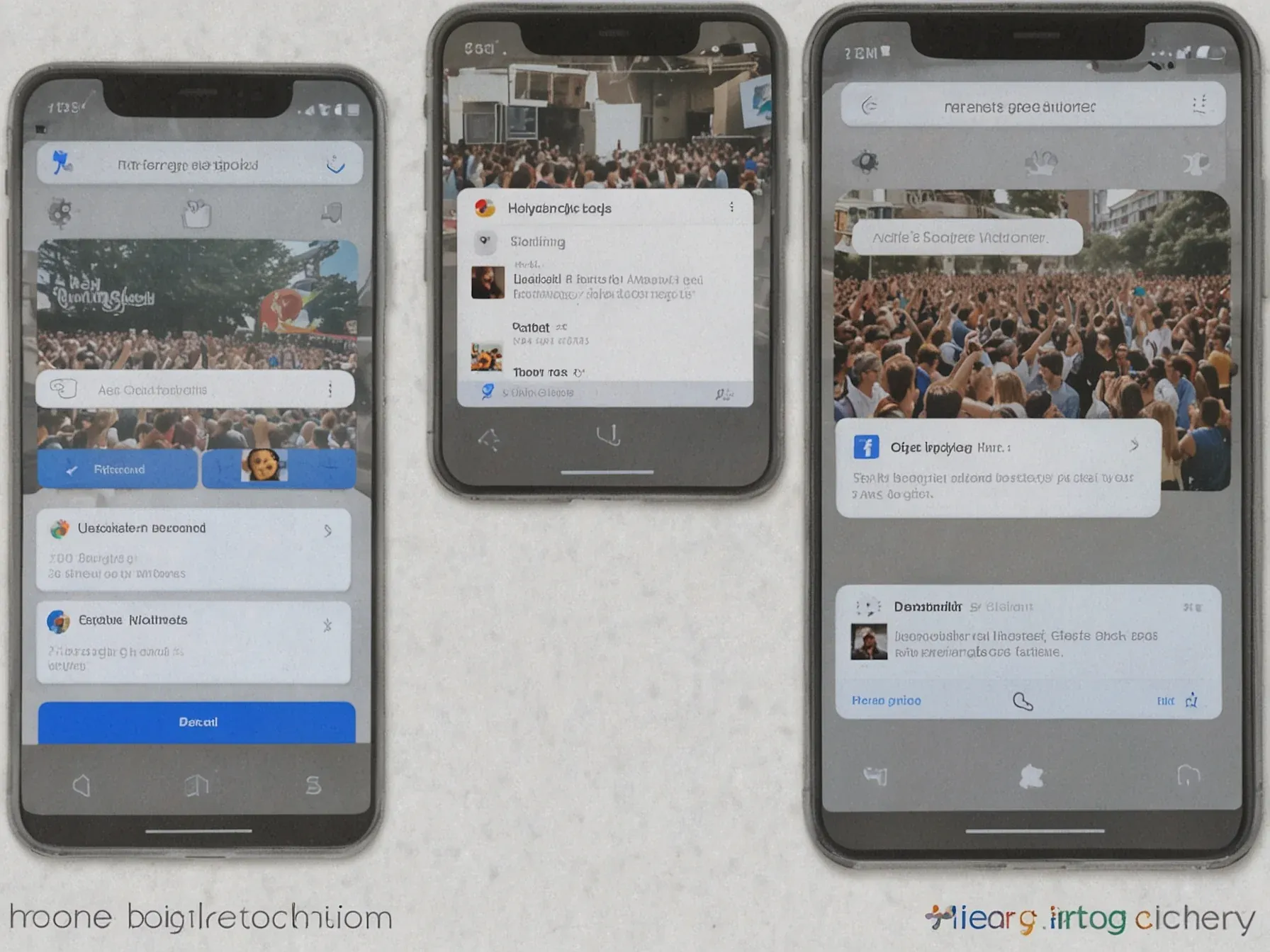
Editorial illustration for AI Reshapes Workforce: Majority Predict New Paths and Reduced Entry Tasks
AI Transforms Tech Jobs: 58% See Workflow Automation Surge
9% trust AI code alone; 58% see entry tasks cut, 63% see paths, 59% foresee roles
The tech world is bracing for a seismic shift as artificial intelligence rewrites the rules of professional development. Developers and tech workers are no longer wondering if AI will transform their careers, they're calculating exactly how.
A notable new survey reveals the complex emotional landscape of technological disruption. Workers aren't just anxious about AI; they're strategically mapping potential opportunities hidden within rapid automation.
The research suggests a nuanced perspective emerging among professionals. While fears of job displacement persist, a significant majority see AI not as a threat, but as a catalyst for reinvention.
Imagine a workplace where entry-level tasks get simplified, new career trajectories emerge, and specialized roles materialize almost overnight. This isn't science fiction, it's the immediate professional horizon taking shape right now.
Developers and tech teams are approaching this transformation with a mix of pragmatism and calculated optimism. They're watching closely, ready to adapt, and positioning themselves at the leading edge of a profound workplace metamorphosis.
58% say automation will reduce entry-level tasks, while 63% expect new career paths to emerge as AI redefines team structures. 59% anticipate that AI will create entirely new specialized roles. According to BairesDev's data, developers currently divide their time between writing code (48%), debugging (42%), and documentation (35%).
Only 19% report focusing primarily on creative problem-solving and innovation--a share that's expected to grow as AI removes lower-level coding tasks. The report also highlights where developers see the fastest-growing areas for 2026: AI/ML (67%), data analytics (46%), and cybersecurity (45%). In parallel, 63% of project managers said developers will need more training in AI, cloud, and security.
Erolin described the next generation of developers as "T-shaped engineers"--people with broad system knowledge and deep expertise in one or more areas. "The most important developer moving forward will be the T-shaped engineer," he said. "Broad in understanding, deep in skill." AI as an Industry Standard The Q4 Dev Barometer frames AI not as an experiment but as a foundation for how teams will operate in 2026.
Developers are moving beyond using AI as a coding shortcut and instead incorporating it into architecture, validation, and design decisions.
AI is quietly reshaping the tech workforce, but not through wholesale replacement. The data suggests a nuanced transformation: developers see AI as a collaborative tool that will redistribute, not eliminate, their work.
Entry-level tasks appear most vulnerable to automation, with 58% predicting reduced routine coding responsibilities. Yet this isn't a threat, but an opportunity. Professionals anticipate AI will unlock more strategic work, with 63% expecting new career pathways to emerge.
Currently, developers spend nearly half their time on coding (48%) and debugging (42%), with minimal focus on creative problem-solving. AI could dramatically shift this balance, potentially freeing talent to tackle more new challenges.
The most telling statistic? Only 9% fully trust AI-generated code alone. This hints at a future where human oversight remains critical, despite technological advances.
Specialized roles are already materializing, with 59% expecting AI to generate entirely new professional niches. The workforce isn't being replaced, it's being reimagined.
Common Questions Answered
How are developers expecting AI to impact their current work distribution?
According to the survey, developers currently spend 48% of time writing code, 42% debugging, and 35% on documentation. The data suggests AI will significantly redistribute these tasks, with only 19% currently focusing on creative problem-solving, a percentage expected to grow as AI handles lower-level coding responsibilities.
What percentage of tech workers believe AI will create new career paths?
The BairesDev survey reveals that 63% of tech workers anticipate AI will generate entirely new career paths and team structures. Additionally, 59% expect AI to create specialized roles that do not currently exist in the technology workforce.
How are professionals viewing AI's potential impact on entry-level tasks?
58% of surveyed professionals predict that AI will reduce entry-level tasks, particularly in routine coding and documentation work. Rather than viewing this as a threat, most see it as an opportunity to shift focus towards more strategic and innovative work within their technological roles.




